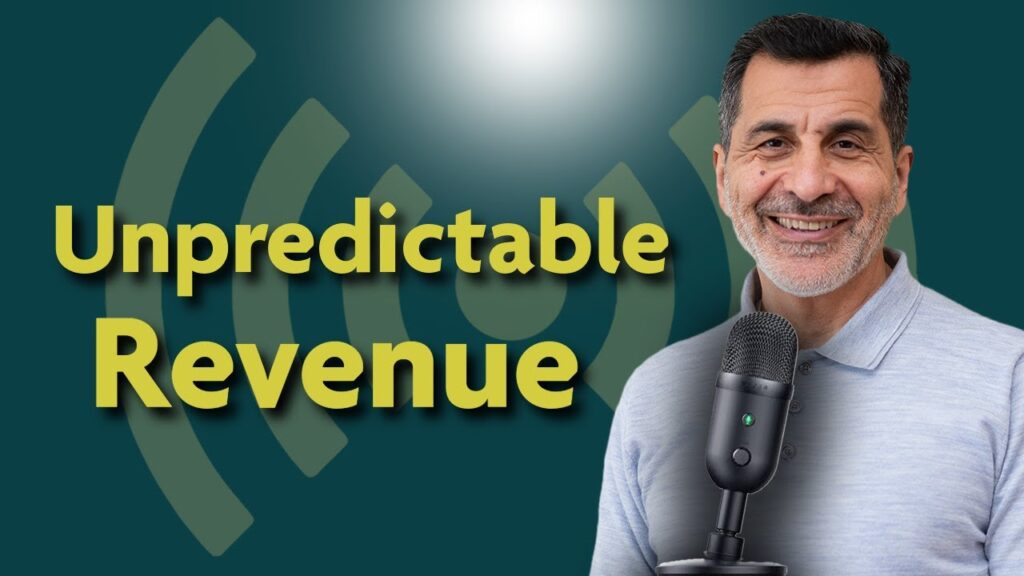Use FUD Responsibly

Cindy is a marketing manager at a small hotel chain. After several weeks of discussion with other members of the executive and management teams, she has decided that she needs to purchase a new email marketing platform that personalizes messaging based on users’ website interactions.
This is a fairly high-stakes decision. Pick the wrong platform for herself and her team, and her chances for advancement diminish.
The fear, uncertainty, and doubt that Cindy is experiencing are typical in almost any purchase decision. Sometimes these feelings are about the the perceived gap or need:
Do I really need to personalize my emails based on website interactions? Are there other things I should be focusing on?
Sometimes the unease relates more to the solution provider:
OK, I know that I need to do this, but which is the best tool, and which is the best agency to help me implement it?
Cindy has good reason for some trepidation. The results of the real-life Capterra’s 2024 Tech Survey indicate that 61% of the 3,200 participating marketers regret one or more software purchases within 12 to 18 months.
This percentage aligns with my own observations over the course of many years in business. For a variety of reasons, it can be hard to purchase and implement any kind of software in a way that provides positive ROI (return on investment).
Some fear and doubt on the part of software purchasers, then, would be natural, or even advisable. The same could be said for anyone making any decision in a B2B or B2C scenario. Make a lot of good decisions, you’re smart. Make enough bad decisions, you’ll be characterized differently, and you’ll see unwanted consequences.
As a consultant or service provider, you should address FUD (fear, uncertainty, and doubt) directly and responsibly, as in these examples:
- Marketing consultant: acknowledge the uneasiness that Cindy might be feeling about her upcoming decision on the marketing software, and guide her in making a good choice.
- HR consultant: address the anxiety that many companies are feeling over the ever changing trends for remote work.
- Cybersecurity services: discuss how your services can meet the concerns over privacy compliance in verticals like healthcare.
- Organic lawn care services: the fear in this case could be about the effects of chemical fertilizers and pesticides on children and pets. In your marketing materials and sales pitches, speak to these concerns with the research that you have conducted on the benefits of non-chemical lawn care.
Don’t sow doubt or stoke fears artificially. For one thing, it’s unethical. For another, exaggerations and fabrications that bring you short term-gains tend to catch up with you and tarnish your long-term reputation.
The doubt or fear inherent in all these scenarios creates the legitimate business opportunity. Understand FUD, incorporate it into marketing and sales materials, and provide solutions that bring your clients legitimate peace of mind.
Shout-out to the CDP Institute newsletter for flagging the Capterra survey.
Key Actions and Takeaways
- See the discussion about psychographics in our video You Don’t Have a Business if You Don’t Have Someone Buying.
- Based on market research or work with any existing clients, take inventory of the fears and doubts that trouble your target audience.
- Consider how your marketing and sales materials and your service offering can address FUD more directly.




